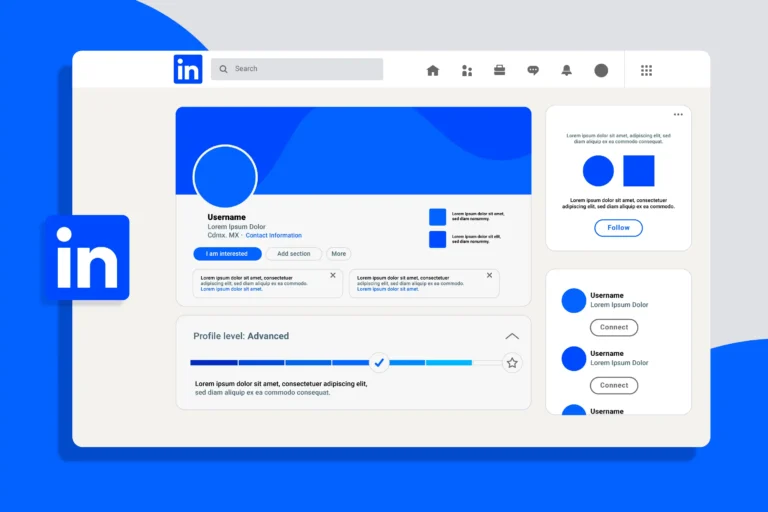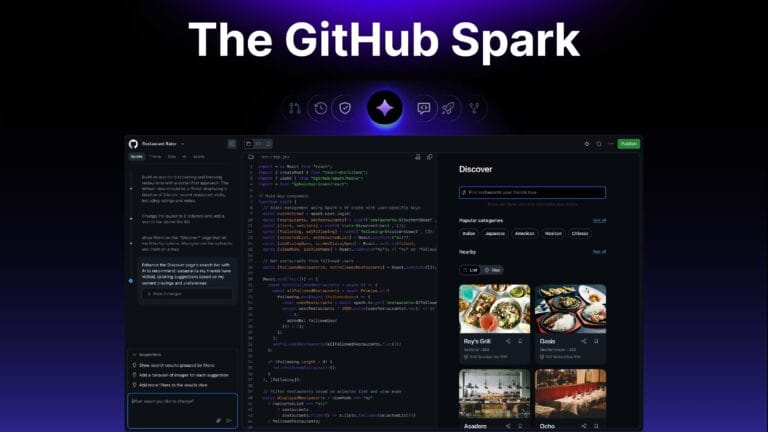The tech industry offers dynamic opportunities for professionals with technology backgrounds. Though the vast array of options can seem daunting, finding your ideal path is within reach. This guide provides structured thinking, practical steps, and concrete advice to help you confidently navigate career choices.

1. Self-Assessment: Understanding Your Interests
The first step in choosing a tech career is identifying what excites you. This self-awareness will help you match your passions with the right opportunities.
- Reflect on Your Interests:
- Which aspects of technology captivate you most?
- Do you prefer designing user interfaces or tackling back-end challenges?
- Does data analysis, automation, or system architecture spark your curiosity?
- Identify Your Strengths:
- Which subjects or projects brought out your best during studies or work?
- Are you naturally skilled at problem-solving, creative thinking, or logical reasoning?
- Consider Your Work Preferences:
- Do you perform better in team settings or when working independently?
- Which appeals to you more: coding, system management, or data visualization?
Understanding these aspects of yourself will guide you toward the right career path.
2. Explore Trending Tech Careers
The tech industry evolves rapidly. Staying informed about trends can help you discover promising career paths. Here are today’s most in-demand fields:
- Artificial Intelligence and Machine Learning: Ideal for those passionate about algorithms, data analysis, and building automated systems.
- Cloud Computing and DevOps: A rewarding field for professionals who excel at managing cloud infrastructure and streamlining application deployment.
- Cybersecurity: An essential field focused on protecting digital systems and networks from security threats.
- Web Development: A cornerstone of the digital world, spanning front-end, back-end, and full-stack development.
- Data Science and Analytics: Perfect for those who love extracting meaningful insights from complex data.
- Mobile App Development: Specializes in building innovative iOS and Android applications.
- Blockchain Development: An emerging field centered on creating decentralized technology solutions.
3. Essential Steps for Career Decision-Making
Research and Exploration
- Follow Tech Blogs and News Websites: Stay informed about industry trends.
- Join Professional Networks: Platforms like LinkedIn can connect you with like-minded professionals.
- Participate in Tech Communities: Engage in discussions on Reddit, Stack Overflow, or GitHub.
- Attend Webinars and Conferences: Events like DevFest or AWS Summits can expose you to emerging technologies.
Networking and Mentorship
- Reach Out to Professionals: Conduct informational interviews to understand the day-to-day of various roles.
- Learn from Seniors: Seek advice from experienced colleagues or alumni.
- Find a Mentor: A mentor can provide personalized guidance and open doors to opportunities.
- Join Industry Meetups: Networking events are excellent for building connections and exploring potential career paths.
4. Ask Key Questions Before Jumping In
Before committing to a specific tech career, consider these crucial questions:
Career Growth Questions
- Where do I see myself in 5 years?
- What kind of work environment suits me best—startups, corporates, or freelancing?
- Am I interested in technical mastery or leadership roles?
- What are my financial and lifestyle expectations?
Technical Skills Assessment
- What skills and programming languages do I already know?
- Are my skills aligned with current market demands?
- What certifications or additional learning might I need?
- Which technologies or tools do I enjoy working with the most?
5. Build a Strong Foundation
Actionable Steps
- Create a Skill Development Roadmap: Identify gaps and plan your learning journey.
- Work on Projects: Build a portfolio showcasing your expertise and interests.
- Get Certified: Boost your credibility with certifications in relevant fields (e.g., AWS, Google Cloud, or Python).
- Apply for Internships: Gain real-world experience to validate your skills.
- Freelance or Contribute to Open Source: Experiment with different projects to discover your niche.
6. Stay Flexible with Future Goals
Your career path doesn’t have to be linear. As you grow, your interests might evolve, and that’s okay. Consider these long-term possibilities:
- Specializing in a specific domain (e.g., AI in healthcare).
- Transitioning to leadership roles like project management.
- Exploring entrepreneurship opportunities.
- Striking a balance between work and personal life by choosing remote-friendly roles.
7. Essential Resources for Success
Here are key platforms and tools to support your career development:
- Learning Platforms: LinkedIn Learning, Coursera, Udemy
- Professional Networks: LinkedIn, Meetup, GitHub
- Research Tools: Tech blogs, Medium, Stack Overflow
- Job Search Platforms: Indeed, Glassdoor, AngelList
8. Conclusion: Your Tech Career Awaits
Choosing a tech career requires introspection, research, and a willingness to adapt. By aligning your interests and skills with industry trends, you can carve out a fulfilling and rewarding path. Remember to stay curious, keep learning, and embrace the journey.
What career path excites you the most in the tech industry? Share your thoughts and let’s explore the endless possibilities together!













